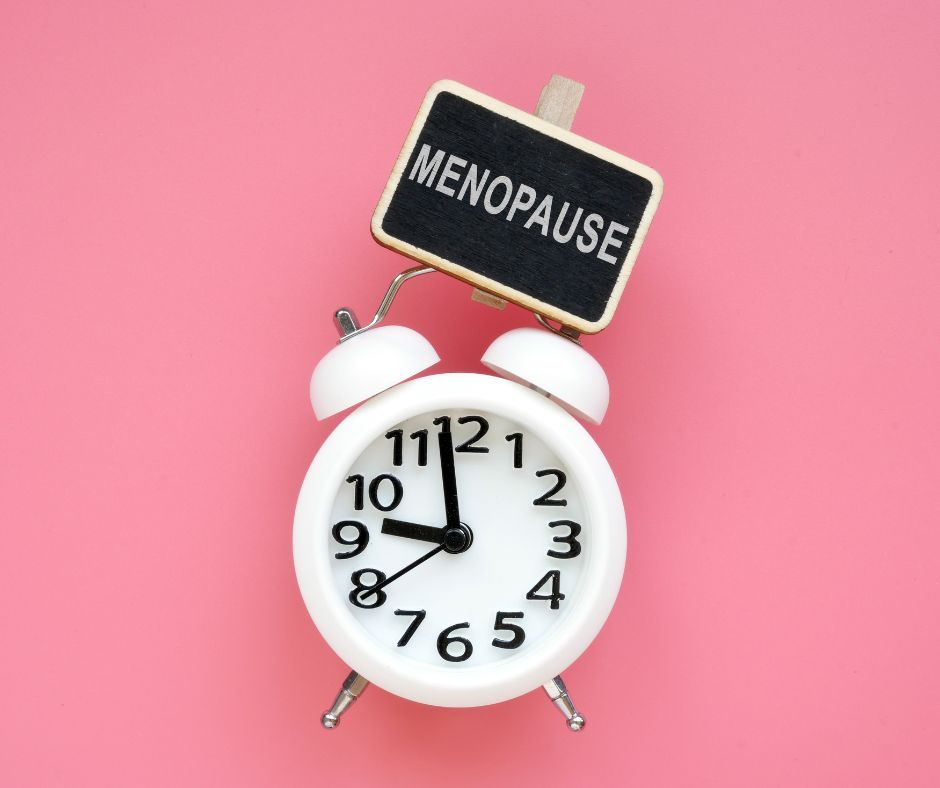How Menopause can impact the Well-being of Women at Work
Symptoms of menopause such as hot flashes, brain fog and fatigue, can hinder concentration, increase fatigue, and disrupt sleep, potentially leading to safety hazards. In addition, poorly designed workspaces can exacerbate these symptoms, making it difficult to regulate body temperature or find private locations for managing discomfort. Employees have also reported feeling low/depressed, with lowered confidence.
According to a recent survey, 67 per cent of working women between the ages of 40 and 60 with experience of menopause symptoms reported that their symptoms have had a mostly negative impact on them at work. Of those who were negatively affected at work, 79 per cent said they were less able to concentrate, 68 per cent said they experienced more stress, 49 per cent reported that they had less patience for clients and colleagues. 46 per cent felt less physically able to carry out work tasks.
More than half of all respondents could recall a time when they were unable to attend work at all, due to their menopause symptoms.
What does the Law say?
The Health and Safety at Work Act 1974 requires employers to ensure the health, safety and welfare of all their employees.
Under the Management of Health and Safety at Work Regulations 1999, employers have a duty to carry out a suitable and sufficient assessment of the workplace risks to the health and safety of their employees.
This involves identifying groups of workers who might be particularly at risk, which includes menopausal women.

How the new Guidance helps create a Supportive Environment
The guidance emphasises that, under the existing Equality Act 2010, “severe” menopause symptoms which significantly impact daily activities could qualify as a disability. This places a legal obligation on employers to make “reasonable adjustments” to support employees experiencing such symptoms. They will also have a legal obligation not to directly or indirectly discriminate because of the disability or subject the woman to discrimination arising from disability.
There are multiple ways in which employers can create a more inclusive environment for women going through menopause. Examples include:
- Training managers on how to have open and sensitive conversations about menopause
- Encouraging an environment of transparency where everyone can talk about menopause.
- Creating accessible policy or guidance documents for colleagues and line managers.
- Offering flexible working arrangements, such as allowing for remote work and varying shift patterns
- Introducing cooling systems or fans for women experiencing hot flushes
- Providing cool rest areas and quiet rooms
- Providing more time to prepare before meetings, appointments or engagements
- Relaxing uniform policies and providing cooler clothing to accommodate temperature fluctuations
- Including control measures for menopausal employees in the workplace risk assessment
The new guidance aims to address the concerns raised by the EHRC regarding the number of women resigning from their jobs due to symptoms of the menopause. It also aims to make employees more comfortable discussing symptoms with their employers.
Fostering a Safer and more Inclusive Work Environment
While not a law change as such, this new guidance represents a giant leap towards better supporting menopausal women in the UK workplace. It explores practical ways in which employers can create a culture where workers feel empowered to discuss their symptoms and request adjustments to the way they work.












